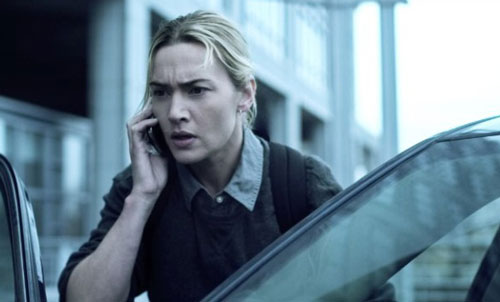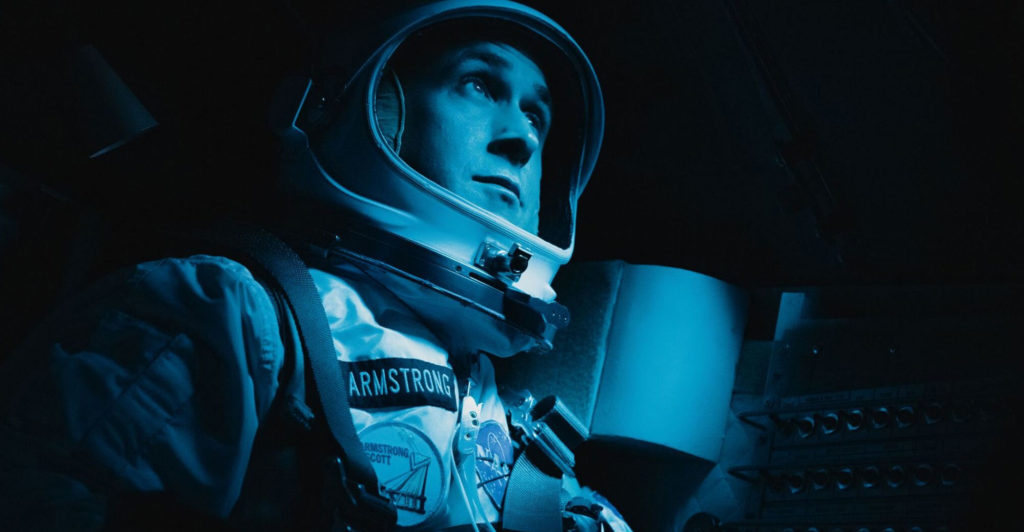
In the hands of a hack like Roland Emmerich, Contagion could have been a bombastic and sensational melodrama awash with over-the-top CGI and far-fetched government conspiracies. But under the control of director Steven Soderbergh, Contagion’s blend of medical thriller and disaster movie transcends the genre in the same way as his Traffic is more than a mere crime drama.
With Contagion, Soderbergh set out to make a film that shows in a realistic manner how people and institutions would react as a deadly virus sweeps across the planet, killing one in every four of the people it infects. At the beginning of the film, we’re introduced to Beth Emhoff (played by Gwyneth Paltrow) who returns to the US from Hong Kong with some unwelcome carry-on luggage in the form of an unknown disease that kills her within days.
As the killer bug fans out across the world, the film tracks the lives of ordinary people such as Emhoff’s family as well as the work of bureaucrats and scientists who are racing against time to find a cure or vaccine. As it spans the globe and hops between newsrooms, laboratories, world cities and remote Chinese villages, Contagion paints a frighteningly credible picture of the breakdown of social order that would inevitably follow in the wake of a lethal epidemic.
Soderbergh spent a lot of time consulting with experts such as the noted epidemiologist W Ian Lipkin and institutions such as the US Centers for Disease Control and Prevention (CDC) as he put his film together. Lipkin (who admittedly has much of an interest in advancing his field as any other expert) has praised its scientific accuracy.
Many of Lipkin’s experiences as a consultant to the Chinese government during the 2003 Sars outbreak, for example, found their way into the film. No doubt there are some concessions to Hollywood drama, but the film feels far more grounded in reality than something like Emmerich’s hysterical global warming disaster film The Day After Tomorrow.

Contagion tracks the breakout of the disease over a few hundred days, carefully dispensing facts like the one that most people touch their faces on average 3 000 times a day. But it is through his masterful visuals — almost entirely drained of healthy colour like so many of his films — that Soderbergh tells most of the story about how the germ hops across continents as a result of friendly handshakes, strangers brushing past each other in the street or even unfortunates simply touching a doorknob where the virus lurks.
Contagion is an ensemble film but one that has little use for showboating performances from its star-heavy cast. Whether it’s Matt Damon as Emhoff’s grieving husband, Laurence Fishburne as a CDC scientist or screen veteran Elliot Gould as a private-sector researcher, the actors turn in restrained performances that are attuned to the restraint with which Soderbergh handles his subject matter.
Refreshingly, the American government and pharma companies are not one-note villains here. The bug is not a disease cooked up in a CIA lab and there are no shadowy agencies looking to use the epidemic as an opportunity to crack down on civil liberties. Instead, there’s a celebration of the quiet heroism of public servants, like those at the CDC and the World Health Organisation — flawed humans doing their best to make difficult decisions in the face of stifling bureaucracy and public criticism.
Contagion trailer (via YouTube):
http://www.youtube.com/watch?v=UwNMGdWyjcc
The film is also a thoughtful exploration of some of Soderbergh’s favourite themes: the conflicts between private and public duty and the consequences of deception. Jude Law, as a sleazy wannabe journalist who fans the flames of public panic through his blog, is probably about the closest the film has to a villain outside the virus. As the film’s tag-line — “nothing spreads like fear” — suggests, the way conspiracy nuts can spread fear across social networks is nearly as scary as a virus.
Contagion is the film that best reconciles the commercial leanings of Soderbergh films such as Ocean’s 11 and its sequels with the art-house instinct of films like Traffic and The Informant. Though it is as pacey and exciting as any other blockbuster this year, it’s also a surprisingly intelligent and mature meditation on themes that are resonant in the wake of a range of recent natural disasters, the swine and bird flu scares, and the Wikileaks scandals. — Lance Harris, TechCentral
- Subscribe to our free daily newsletter
- Follow us on Twitter or on Facebook
- Visit our sister website, SportsCentral (still in beta)




